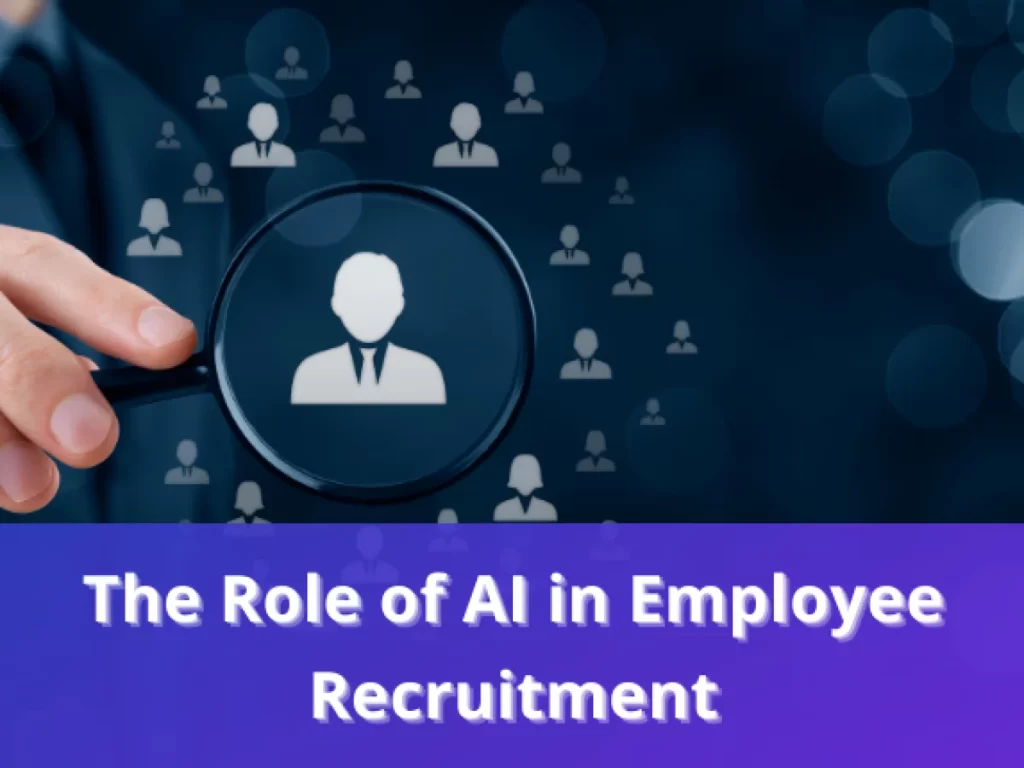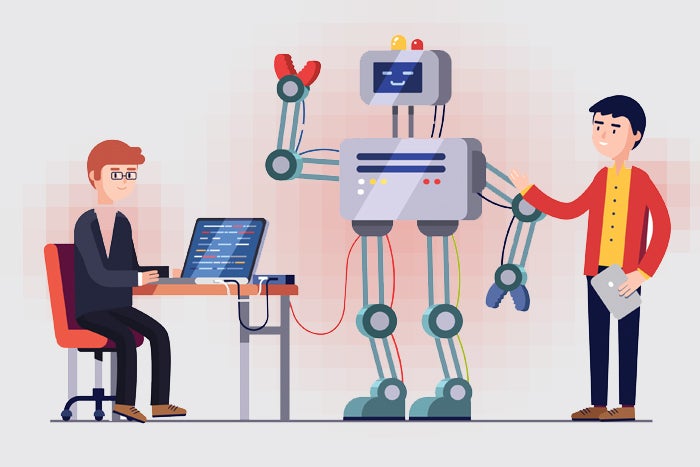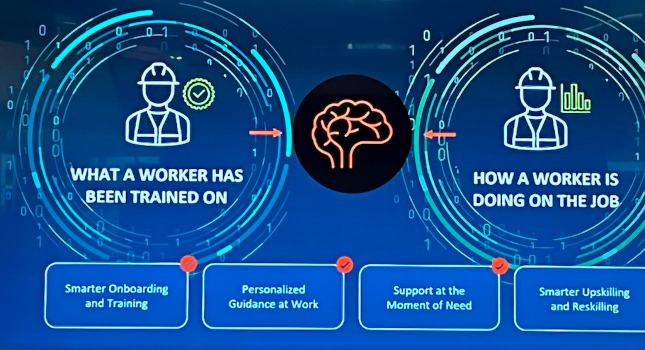
Hey all,
In this Artical, I gonna show you “What is the role of AI in employment?”
Artificial intelligence (AI) is rapidly changing the world of work. AI is already having a big impact on employment, from automating repetitive tasks to predicting customer behavior.
How AI automates tasks
One of the most significant impacts of artificial intelligence on employment is its ability to automate tasks. AI-powered machines and software can now perform many tasks that were once done by humans, such as customer service, data entry, and even some manufacturing jobs. This automation is likely to continue in the coming years as AI technology continues to improve.
How AI is creating new jobs

While AI automates some tasks, it also creates new ones. AI-powered companies need engineers, data scientists, and other skilled workers to develop and maintain their products. In addition, AI is creating new jobs in industries that are currently in their infancy, such as robotics and artificial general intelligence.
AI is also creating new jobs in a number of sectors such as healthcare, transport and finance. For example, AI healthcare companies are developing new ways to diagnose and treat diseases, AI transportation companies are developing self-driving cars, and AI finance companies are developing new investment strategies.
The overall impact of AI on employment
The overall impact of AI on employment is likely to be mixed. Some jobs will disappear, but new ones will also be created. The net impact on employment will depend on a number of factors, including the rate at which AI is adopted, the types of jobs being automated, and government policies on education and training.
The role of AI in upskilling and retraining

AI is also changing the way we learn and work. AI learning platforms can provide workers with personalized training, and AI tools can help workers automate tasks and be more productive. This means that workers will need to constantly upgrade and retrain to stay ahead of the curve.
The impact of AI on the nature of work
AI is also changing the nature of work in many ways. AI-powered automation makes many tasks more repetitive and rule-based. This leads to a decrease in the demand for manual labor and routine cognitive tasks. However, AI is also creating new jobs that require creativity, problem solving and social skills. These are the types of jobs that people are uniquely good at.
In addition, artificial intelligence makes it easier for workers to collaborate and share information. This leads to a more decentralized and connected workplace. Workers are no longer tied to a specific location or employer. They can work from anywhere and collaborate with anyone in the world.
How to prepare for the impact of AI on employment

There are a number of things that individuals and businesses can do to prepare for the impact of AI on employment. These include:
a. Upskilling and reskilling: Individuals should focus on developing skills that are in demand in an AI-based economy. This includes STEM skills as well as soft skills such as critical thinking and problem solving.
b. Becoming more adaptable: Businesses should be prepared to adapt to the changing nature of work. This includes a willingness to automate tasks and hire workers with the skills needed for an AI-based economy.
c. Supporting policies that benefit workers: Governments should support policies that help workers succeed in an AI-based economy. This includes investing in education and training, providing job retraining and helping and supporting wage growth.
The impact of AI on employment is a complex issue that cannot be easily answered. However, by taking steps to prepare for the future, individuals and businesses can help ensure they are not left behind by the AI revolution.
In addition to the above, here are some specific examples of how AI is impacting employment in various industries:
- Manufacturing: AI is used to automate manufacturing tasks such as welding, painting, and quality control. This is leading to job losses in some manufacturing sectors, but it is also creating new jobs in areas such as robotics and artificial intelligence engineering.
- Customer Service: AI-powered chatbots are increasingly being used to handle customer service tasks such as answering questions and resolving complaints. This is leading to job losses in some customer service roles, but it is also creating new jobs in areas such as AI development and training.
- Transportation: AI is being used to develop self-driving cars and trucks. This is likely to lead to job losses in the transport sector, but it also creates new jobs in areas such as engineering and artificial intelligence testing.
- Healthcare: AI is used to develop new treatments and diagnose diseases. This is leading to job losses in some healthcare roles, but it is also creating new jobs in areas such as AI development and data science.
The impact of artificial intelligence on employment is a rapidly evolving issue. It’s important to keep up with the latest trends and prepare for the future of work. - Development of new skills: Workers must be prepared to learn new skills and adapt to new technologies. This includes developing skills in STEM fields as well as skills in soft skills such as critical thinking and problem solving.
- Networking: Workers should build relationships with other professionals in their field. This will help them stay on top of the latest trends and find new job opportunities.
- Be flexible: Workers must be willing to change jobs and relocate to find new opportunities.
Be proactive: Workers should take the initiative to learn about AI and develop the skills they need to succeed in the AI economy.
The future of employment is uncertain, but artificial intelligence is playing a major role in shaping it. By taking steps to prepare for an AI future of employment, workers can increase their chances of success.
Thanks,






Leave a Reply
You must be logged in to post a comment.